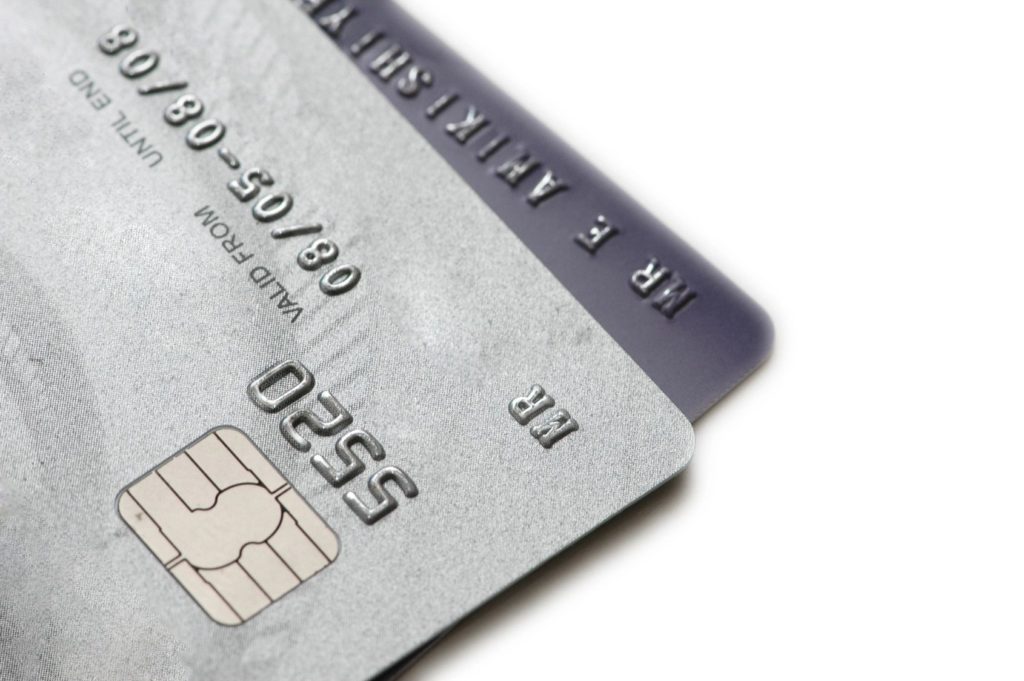We all need a vacation. Some people seem like the live to travel but is it worth going into debt for? With the proper planning you don’t have to go into debt. In fact I wrote a post about 5 Ways To Save For Summer Vacation the beginning of the year.

Going into debt or even getting behind on bills to go on vacation doesn’t make your vacation very relaxing. Especially knowing when you come back you have to figure out how to catch up.
According to Wallethub’s latest survey though, 48 million Americans would skip a credit card payment over skipping vacation. According to their latest financial survey:
Key Findings:
- 19% of people would skip a credit card payment over a vacation.
- 29% of people say travel usually gets them into debt.
- 32% of people are scared to fly this summer because of the Boeing airplane issues.
- Travelers are more than twice as likely to worry about money than terrorism.
- 46% of people think about post-vacation credit card bills while on vacation.
- Barclaycard Arrival Plus Card is the best credit card for summer travel because it offers an initial bonus worth $700 in travel for spending $5,000 in the first 90 days.
- Credit cards with no foreign transaction fees save international travelers an average of 9.3% versus airport kiosks and 7.1% compared to local banks.

Survey: 48 Million Would Skip a Credit Card Payment Over a Vacation
It’s been a long year, and Americans need some summer travel to decompress. Just ask the 48 million people who say they’d rather skip a credit card payment than a vacation, according to a new survey by the personal-finance website WalletHub. That’s roughly 1 in 5 Americans who are willing to trade in the grace period on their credit card and pay sky-high interest rates just to get away for a while. The question is, does this display good common sense or bad money management?
“Well, we know from research that a vacation usually has a very positive impact on the body and mind – and can often make us more productive when we return to the office,” Simon Hudson, endowed chair in tourism and economic development at the University of South Carolina, told WalletHub. “So paying off that credit card after a vacation may not take too long!”
Still, it’s better to avoid putting ourselves in such a predicament. And there are indeed ways to enjoy the fruits of a vacation without the financial jeopardy. “My advice is to do everything in moderation and find a happy balance,” said Audrey Guskey, a professor of marketing at Duquense University. “Take the vacation. Take the time off, but keep the debt down by finding a cheaper alternative for your vacation plans. Stay closer to home. Find cheaper hotels or Airbnb. Travel at off peak times.” There may be even more reason to stay close to home this year, too.
Despite all of its relaxing properties, summer travel still weighs on the minds and wallets of millions of Americans in a variety of ways. We worry about everything from the weather to whether we’re flying in a new Boeing airplane. In fact, roughly one-third of people are scared to fly this summer because of Boeing’s recent issues.
“Obviously this was expected. However, travelers need to understand that those planes are not flying yet, and Boeing is addressing the problem before these planes will be back into service,” said Abraham Pizam, dean of the Rosen College of Hospitality Management at the University of Central Florida. “The U.S. federal authorities (FAA) and similar authorities in Europe and other countries are also much more careful in certifying the planes after the new modifications will be put in place.”
Money matters are actually more likely to put a damper on summer fun. And that can happen leading up to a vacation, while you’re away, or after you get back. Travelers are more than twice as likely to worry about money than terrorism, WalletHub’s survey found, and 46% of people think about post-vacation credit card bills while on vacation.
“Plan the vacation you can afford, and you won’t have to worry as much about the cost,” said Thomas P. Sweeney, an assistant professor of recreation and tourism management at Georgia Southern University. “Your vacation should be a time to relax, recharge, and have a good time. If you’re worrying about your bills, chances are you’ve overextended yourself financially. Before you plan anything, put together a realistic budget and stick to it.”
What we spend on vacation doesn’t stay on vacation, after all. It can come back to haunt us if we’re not careful, and too few of us are. Just ask the nearly 1 in 3 people who say travel usually gets them into debt. Or, better yet, ask what they’re doing wrong.
“They are not planning,” said Russ McCullough, chair of the economics department at Ottawa University. “Before committing to a trip, spend five minutes sketching out the expenses you will incur. If you don’t have money, find some ways to make enough before you go.”
There are many ways to make vacations more affordable, from turning them into staycations to getting a little help from your payment method. For example, applying for the right rewards credit card offer could get you $500 or more in free travel. And taking steps now to save later will really pay off.
“The better you plan financially the less stress you have about spending the money,” advises Stephen Barth, professor of hospitality law at the University of Houston.








